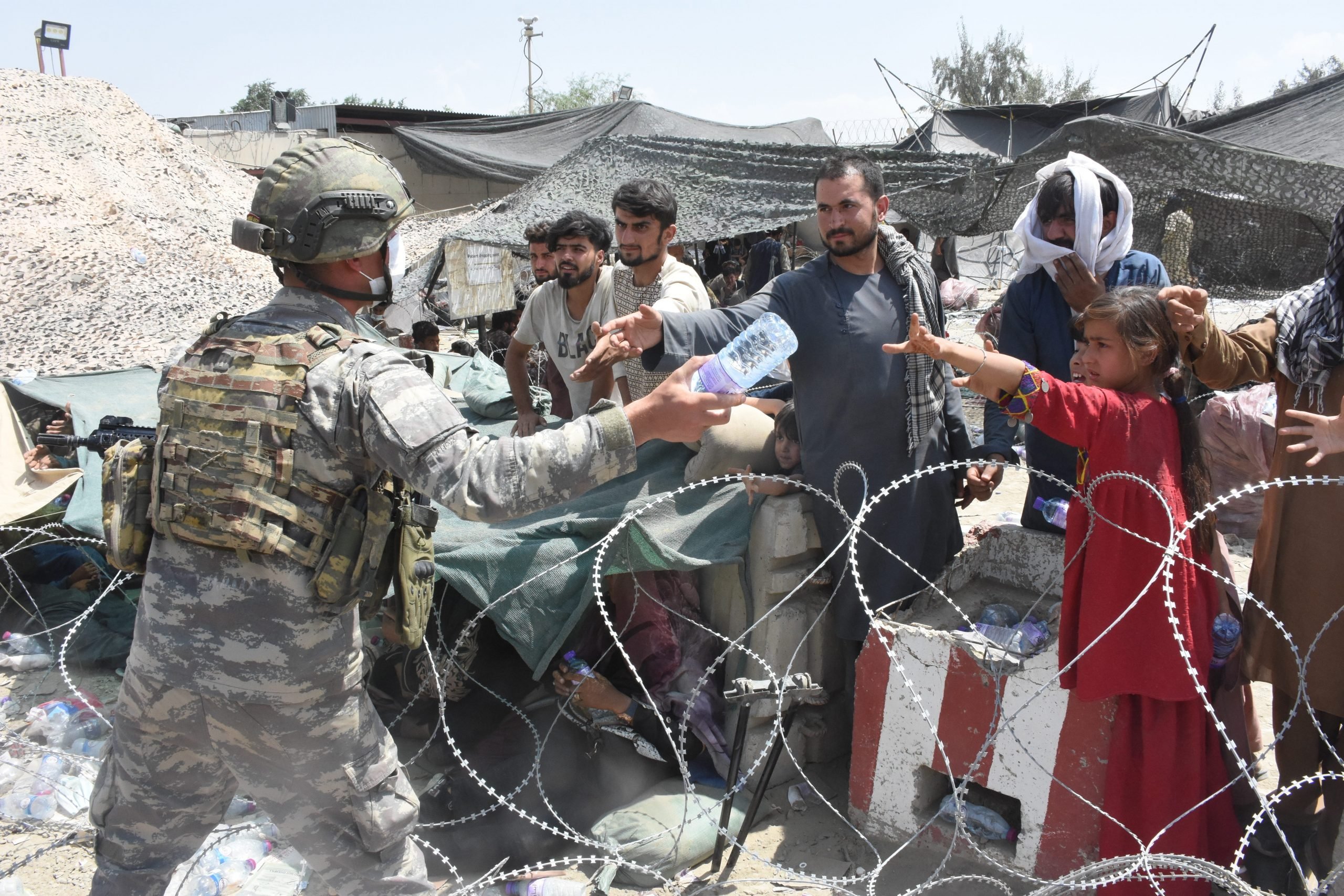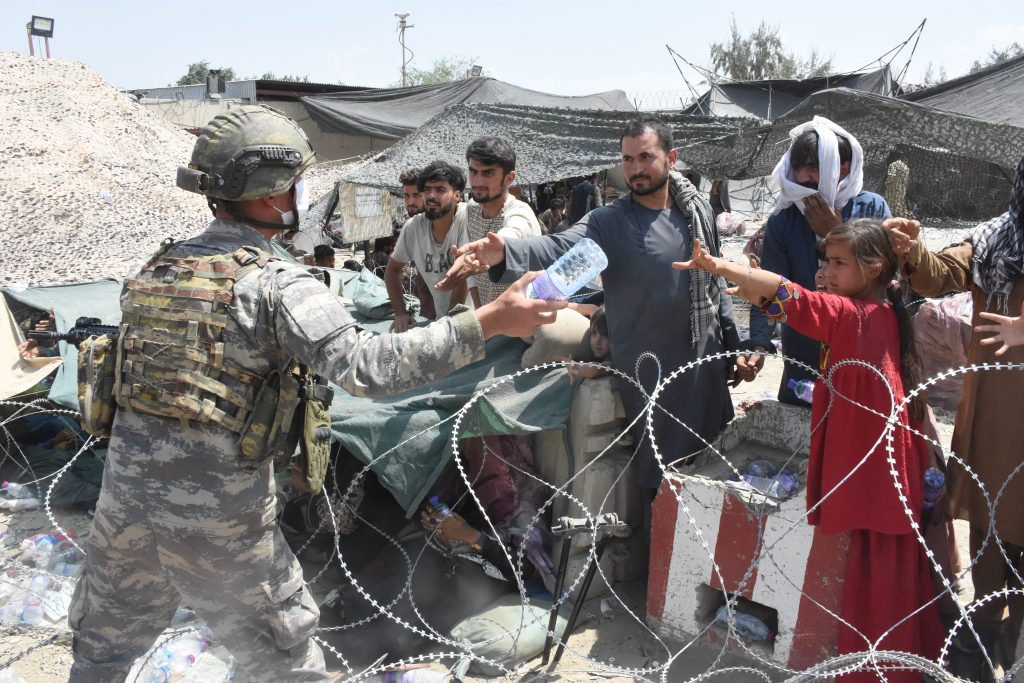
Aykut Karadag/Anadolu Agency via Getty Images
- 14 million people in Afghanistan could starve without urgent aid, said the World Food Programme.
- The pandemic, a drought, and the Taliban takeover have created a "perfect storm" of a food crisis, a WFP executive director said.
- Other agencies have raised the alarm as well; UNICEF says 10 million Afghan children need aid to survive this year.
- Visit Insider's homepage for more stories.
United Nations agencies have warned that millions in Afghanistan could starve without foreign aid as a "perfect storm" of drought, the COVID-19 pandemic, and the Taliban's takeover plunges the country into a food shortage.
"The number of people marching to starvation has spiked to now 14 million," said executive director for the World Food Programme David Beasley to Reuters on Tuesday, urging political leaders to act quickly.
WFP is hoping to raise $200 million by the next few weeks to feed Afghans through the winter, it reported. The NGO is concerned that without additional funding, it may run out of wheat flour by October.
The flow of emergency and food supplies into Afghanistan ground to a halt when Hamid Karzai Airport in Kabul closed to commercial flights to facilitate evacuations, announced The World Health Organization on Monday. Over 18 million people in Afghanistan are in need of aid, it added.
"While the main focus over the past days has been major air operations for the evacuation of internationals and vulnerable Afghans, the massive humanitarian needs facing the majority of the population should not – and cannot – be neglected," the WHO wrote in its statement.
Dr. Richard Brannen, WHO emergency director of the Eastern Mediterranean, asked for empty evacuation planes that are flying to Afghanistan to divert to the organization's warehouse in Dubai to help deliver supplies on the way, per an email statement to The Guardian.
On Monday, UNICEF released a statement saying that 10 million children in Afghanistan require humanitarian assistance to survive. Around one million are projected to suffer from malnutrition this year and could die without treatment.
Malnutrition among children has been a widespread health issue in Afghanistan for years, and is detrimental to a child's intellect, overall health, and productivity in the future. Afghanistan has a 41% rate of stunting - one of the highest in the world - among children under 5 years old, a sign that they are regularly underfed in critical periods of their growth, per UNICEF.
"Millions will continue to need essential services, including health, lifesaving vaccination drives against polio and measles, nutrition, protection, shelter, water, and sanitation," read its Monday statement.
